This post may contain affiliate links. This just means I may receive a small commission at no extra cost to you for helping them promote their product or service. I don’t endorse any services I don’t personally use or recommend.
Travel allows us to experience the world. But as we travel, we are also leaving our footprint on each and every place we visit. This is why culturally immersive travel is so important. Because the wrong kind of travel negatively impacts the world. & it can ruin travel for the rest of us.
One of the reasons we started this blog was to help others travel better. To feel comfortable getting off-the-beaten-path, interacting with locals, and learn to embrace experiences that at first feel foreign. To take you “Beyond the traditional Bucketlist” if you will.
But often when I talk about “Immersive Travel” or “Cultural Travel” I’m confronted with confused faces. This blog post should clear that up.
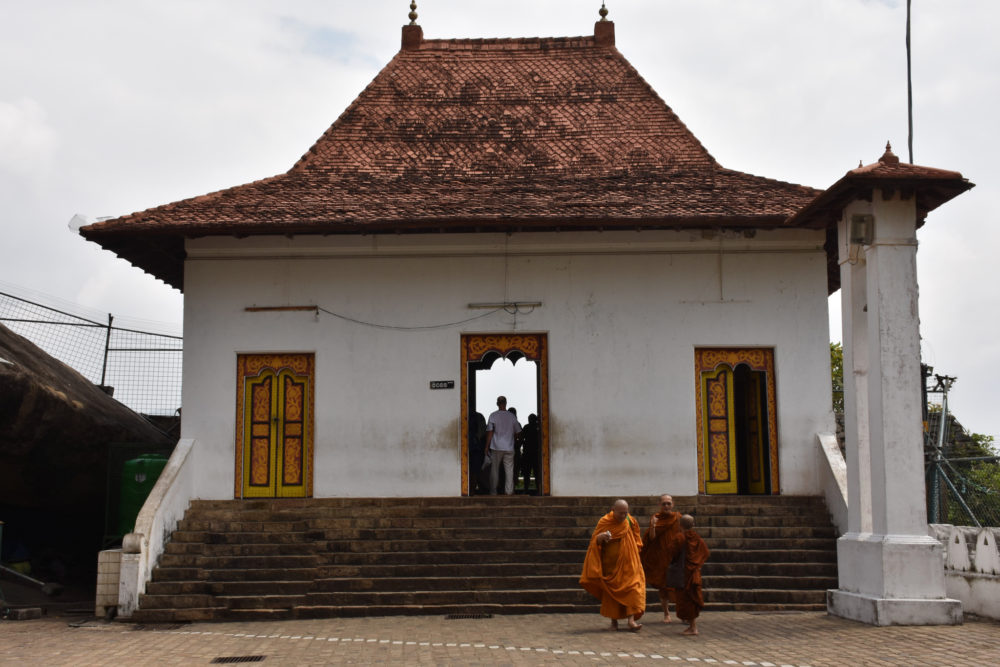
What is Cultural Travel?
Or immersive travel. It’s one and the same.
Cultural travel is the right way to travel. & before you argue that there is no right way to travel…let me stop you right there. Because there is.
“Do we really want to travel in hermetically sealed popemobiles through the rural provinces of France, Mexico and the Far East, eating only in Hard Rock Cafes and McDonalds? Or do we want to eat without fear, tearing into the local stew, the humble taqueria’s mystery meat, the sincerely offered gift of a lightly grilled fish head? I know what I want. I want it all. I want to try everything once.”
Anthony Bourdain
Side Note: I KNOW that people who only get 2-weeks off per year (I’m looking at you America) are often just looking for an easy destination with a beach to relax on. This isn’t travel. This is a vacation. & this post is in no way meant to make you feel like you’re vacationing “wrong”. It’s a different type of trip entirely.
Cultural travel is about experiencing and preserving the various traditions around the world. It’s about being open to new experiences and willing to step into another’s shoes. Cultural travel is jumping in with both feet and leaving your preconceived notions about what your trip should be behind you.
It’s eating local dishes. & sleeping in guesthouses. It’s meeting locals and building genuine connections. It’s learning about the complicated history of a country and leaving your trip with a greater understanding of the place you came to see and the people who live there.
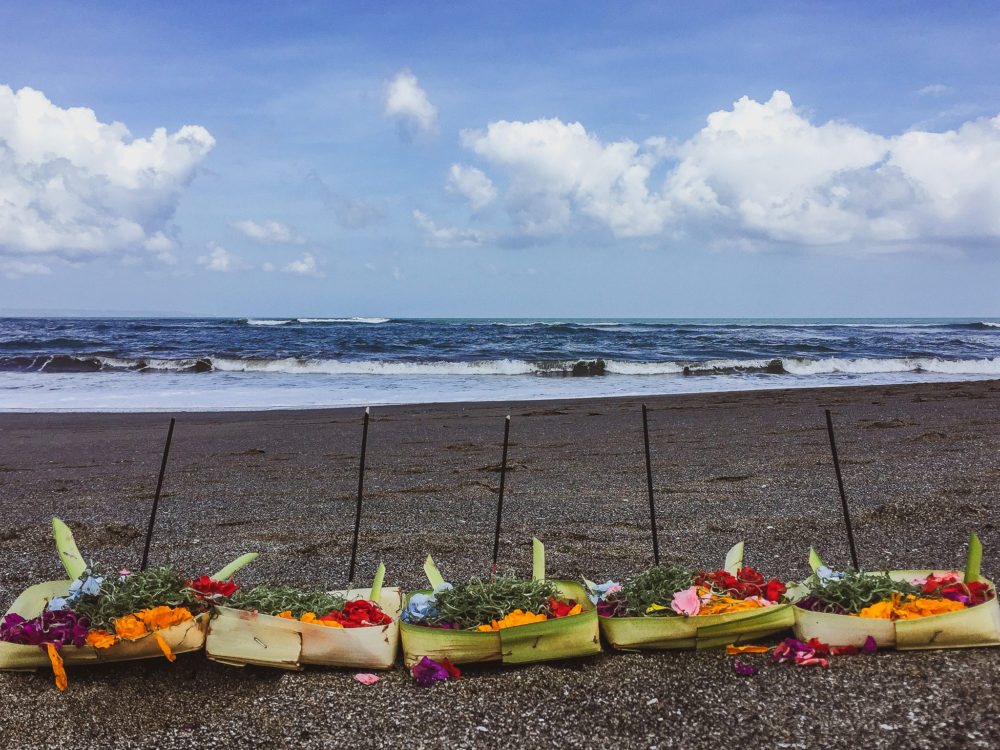
Often times in today’s day and age ‘travelers’ will visit a country just to snap some photos of the famous sights to post on Instagram (ie. Bali swings, Thai beaches, leaning tower of Pisa… you know the drill) or to drink the night away, or even just to lounge on a tropical beach. But that kind of vacation can be detrimental to the very communities you’re traveling to.
If you’re interested in the negative effects the wrong kind of travel can have on the world check out this article I wrote for Lonely Planet in 2021.
Benefits of Immersive Travel
Beyond supporting the local communities and the preservation of local customs and traditions, you’ll also experience some personal benefits.
You’ll Blow Your Mind Wide Open
There’s simply no way to travel this way with a closed mind. You’ll get to know different cultures intimately and understand them a lot better. You’ll also become less judgmental of others the more you travel.
Build Your Confidence
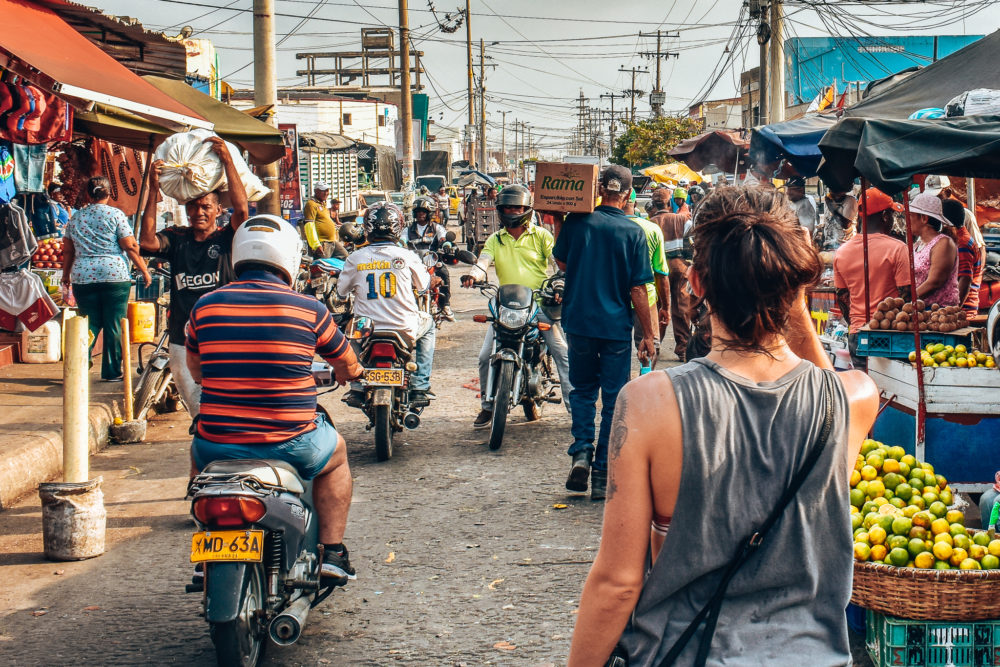
Being able to navigate public transportation in any city in the world and find cheap local food is so rewarding. It’s why solo travel is such an amazing way to develop self-confidence and self-sufficiency. Getting outside your comfort zone & realizing that YOU CAN HANDLE IT, that no matter what the world throws at you, you know what to do is such a powerful feeling.
& you’ll only get that way through experience.
Unparalled Learning Experience
Forget about learning confidence…traveling this way is a great way to learn in general! It’s better than school. I got a (very expensive) 4-year degree from an American University & I learned 100x more from life on the road.
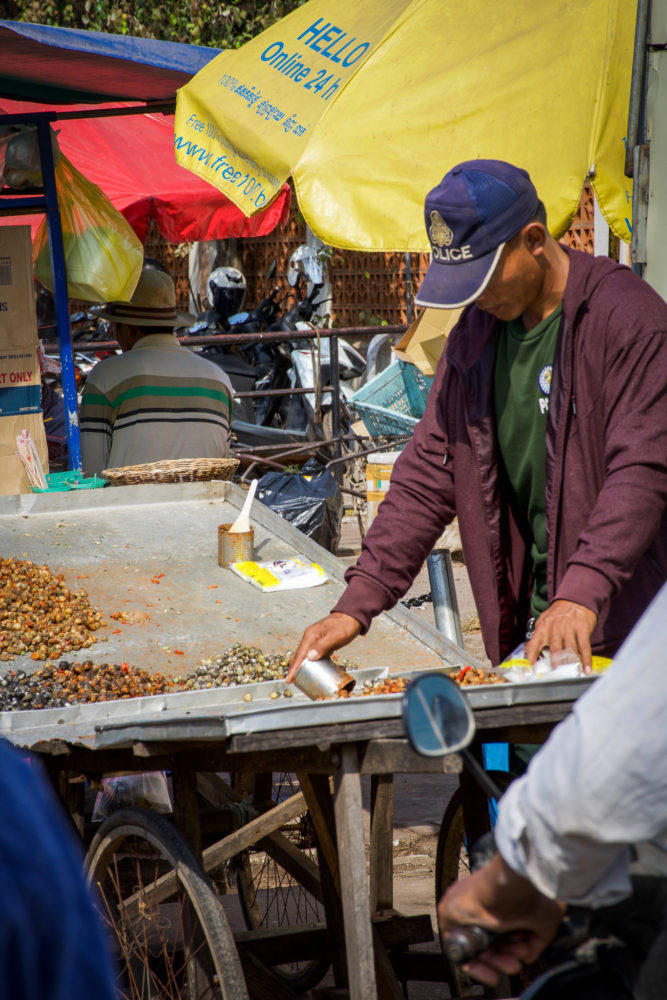

History, politics, environmental issues, and animal science…When you’re confronted with these subjects face-to-face you learn more. & it sticks with you. I can’t rattle off facts from any of my college courses but ask me about Cuban or Burmese politics or the environmental challenges of over-tourism & palm oil production in Bali & I can talk for hours.
Better Travel Stories
Immersive travel makes you a more interesting person.
This is my own personal opinion of course, but when you have stories to tell & have done things few others have…of course you become more interesting.
All my favorite travel moments have come because we put ourselves out there & tried to learn something about the countries we’re exploring.
A Few of My Favorite Cultural Experiences

- Reading English medical books to Burmese children with a local teacher (and National League of Democracy party member).
- Couchsurfing in Medan, our host brought us to his favorite local spot for dinner with his entire family.
- Drinking beers & practicing our Spanish at a Colombian market in the hot sun with some sassy local men.
Package Tours vs. Independent Travel
If you’ve ever seen those charter buses packed full of tourists all adorned in the same T-shirt you know what package tours are. They dutifully follow the schedule they are provided (& paid big bucks for) making chit-chat with other tourists who were also lazy enough to book a trip all-inclusive.
Package tours are not my thing. Typically. Most of the time they are catered to seeing the bare minimum of a country. They are luxury experiences that often keep you in your protected bubble of comfort and you leave the country feeling very much the same as you were before you left.
Obviously, there are always exceptions to the rule. GAdventures runs budget-friendly overland tours through Africa geared at Adventurous travelers. OtherWayRoundTravel in Colombia runs small group tours for adventurous 20 to 35-year-old travelers and it’s run by locals.
On the opposite end of the spectrum is independent travel. I would classify us as independent travelers. But what exactly is independent travel?
Independent Travel Definition: Travel in which you organize everything yourself, without a travel agent or other company to organize activities and accommodation for you.
It’s that simple.
If you opt to plan your vacation yourself you fall into the category of independent travel. This is the style most backpackers and extreme budget travelers will be familiar with.
The Semi-Independent Traveler. The Sweet Spot.
The semi-independent traveler. The tourist who does a little of both. They have planned their own vacation but along the way they sign on to some group activities with local vendors.
For example…
If you head to Indonesia and start your trip in Bali. Then you spend a week exploring the island on your own, maybe hike some volcanos in Java before you head to Sumatra to see orangutans in the wild. Up until this point you have been an independent traveler. But then you sign on for a week-long all-inclusive agency to take you trekking in the jungles & sleeping in rustic cabins with a small group of like-minded travelers. You’ve become a semi-independent traveler.
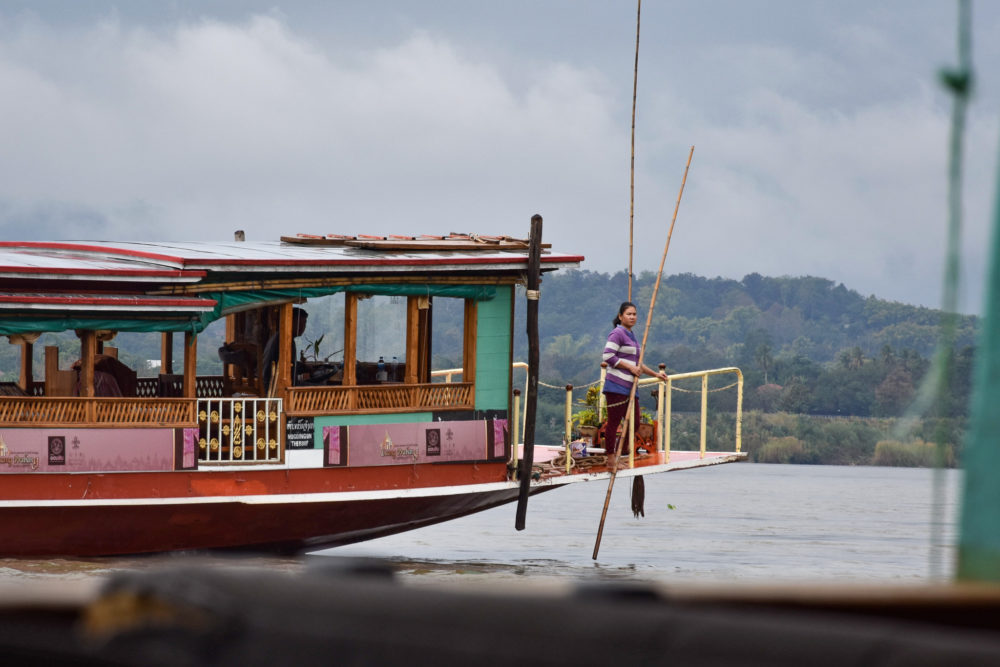
It can be so relaxing to have a difficult portion of your trip planned for you and if you have done your due diligence & research you’ll still be contributing to the local communities.
This is the most popular way to travel.
Which Type of Travel is Right For You?
Now that you know how to distinguish between the types of travel you can decide where you fall. Here’s a quick set of questions you can ask yourself before you commit to independent travel.
Do you feel safe traveling to the country of your choice?
Are you interested in gaining a deeper understanding of the country and want to have an experience unique to others who visit the country?
Are you comfortable fending for yourself when things inevitably go wrong?
Are you traveling on a budget?
Do you have a lot of time for researching and traveling?
Are you interested in off-the-beaten-path destinations and supporting the local economy over your own personal comfort?

If you answered ‘Yes’ to most of these questions, Good News: Independent travel is right for you!! Even if you didn’t, I would encourage you to at one point in your life give independent travel a try and see how you do.
How to Choose a Good Cultural Tour Company
If you’re not ready to give it a go and explore the world on your own the least you can do is choose a good tour company.
What makes for a “good” tour company?
- The money goes back to the community.
- It’s run by locals.
- The focus is on gaining a better understanding of the country rather than pure luxurious comfort.
- Animals and humans are treated humanely and with respect.
Do your research before you sign up. Sometimes companies that masquerade as giving back to communities are large corporations owned by foreign investors.
& please for the love of all things diverse and quirky, don’t stay in all-inclusive resorts. They are the worst kind of tourism (alongside the eco-logical disaster that are cruises).
10 Tips For Immersive Travel
Immersing in a foreign country can be difficult. These are the 10 rules we stick to when we travel to make exploring more rewarding and to better understand the country quicker.
1. Take Public Transportation.
Or motorbikes. Or rent yourself a car. Just try to avoid hiring a personal driver for the day unless it’s someone you met, connected with, and feel could give you an insightful tour of their country. Too often we default to the easiest method of transport when the journey can be just as rewarding as the destination.
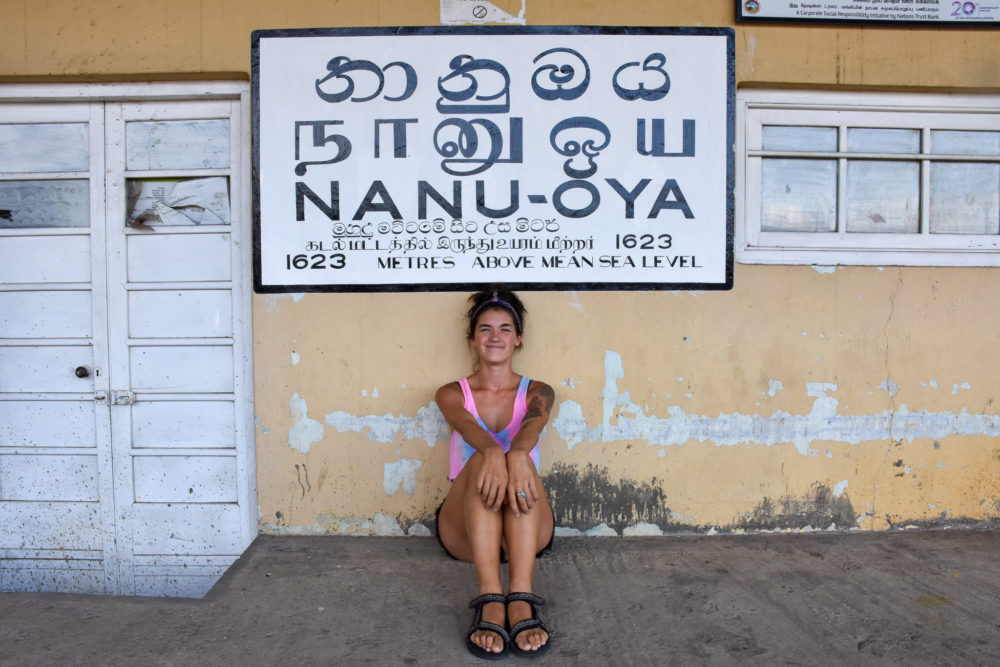
Although the bus is not often the most comfortable, it’s always the most interesting.
2. Savor the Street Food.
EAT LOCAL. I’ll scream it from the rooftops because there is simply nothing more aggravating than people who travel halfway across the world to eat the same food they would have eaten at home. Pizza in Thailand? Vegan Burger in Bali? Eggs Benedict in Colombia? WHY.

Maybe food isn’t as important to everyone as it is to us, but at least try to support local businesses as you would back home. You never know what’s going to be your new favorite meal.
Also, street food is sanitary and delicious and anyone who tells you otherwise isn’t living correctly.
3. Stay in Guesthouses.
I use Booking.com to find them. You can also couch-surf using Couchsurfing.com or find a homestay online. Staying with a local has loads of benefits. First, you’re supporting the community & not a foreign hotel chain. Secondly, you have the chance to eat home-cooked local meals & chat.

Guesthouses are also clean, comfortable, and private in comparison to other budget-friendly options like hostels.
4. Be Friendly.
To locals and other travelers. A smile and good attitude gets you a long way.
It’s these connections you make with like-minded travelers that blossom into life-long friendships. & the connections you make with locals that you’ll look back on fondly once your trip is over.
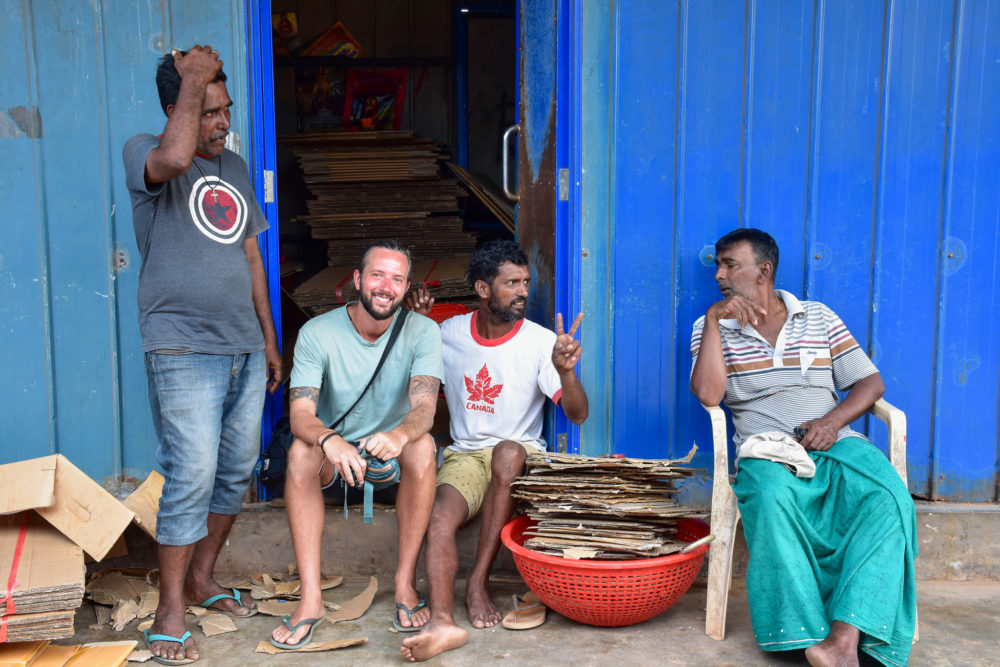
5. Stay Longer. Move Slower.
The longer you spend somewhere the easier it is to immerse yourself in the local life. Obviously, living in a foreign country or even studying abroad allows you to understand a place far better than a tourist simply passing through.
Just do less. If you only have a week to travel, instead of cramming in 6 cities, just pick 2. You’ll get to spend more time in each place and leave with more meaningful experiences. Unless you’re just traveling to check things off of a never-ending bucket list that is.
6. Take the Time to Learn Some Phrases.
You don’t have to be fluent, but the simple act of learning the language basics shows you are interested in their country and life.
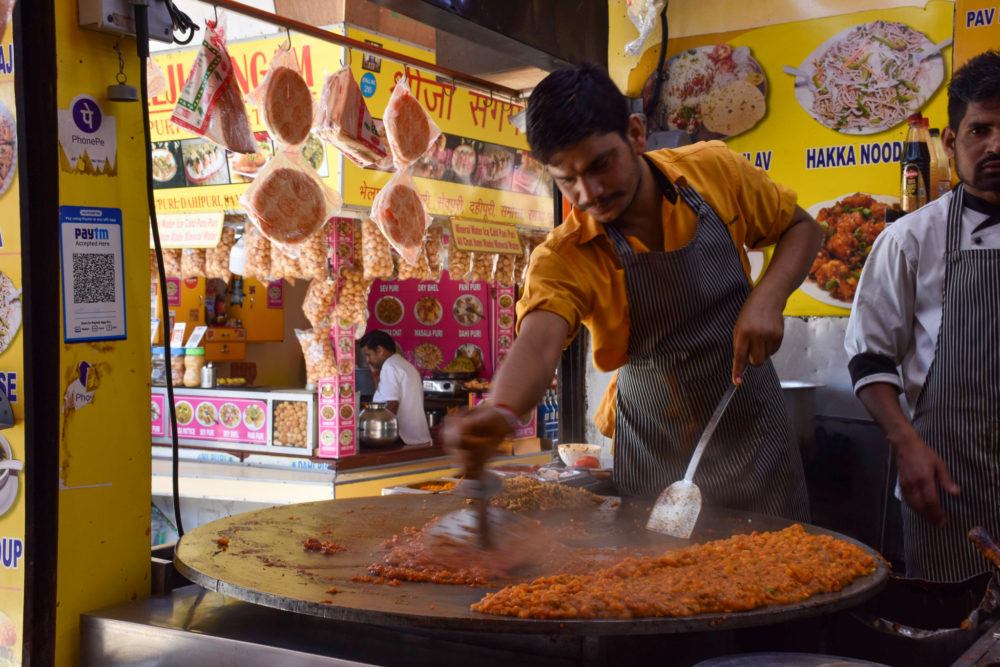
It will make getting around easier, you’ll be more self-sufficient, & you’ll be able to make friends with locals. With Duolingo & other free language apps on the market, you have no excuse.
7. Avoid Impersonal Group Tours.
Use the tips I listed above to find the best tours if you are too nervous to independently travel.
8. Visit Local Markets.
Markets are the lifeblood of a destination. It’s where the locals shop, eat, and where many work. Seek out authentic local markets instead of tourist markets and you’ll gain insight into the country. & have countless opportunities to eat local food. & support local businesses.

9. Don’t have Set in Stone Plans.
When you’re traveling independently things go wrong. We write a whole blog post about our most embarrassing travel fails. But sometimes things also go right.
Example: You meet a group of travelers headed to a remote region in Laos you had never heard of. & you want to tag along. But if you’ve booked everything in advance your schedule won’t be flexible. You want to leave yourself open to the world’s opportunities.
10. Follow Local Customs.
This is the single most important item on this list. Don’t be an American Idiot (or whatever the equivalent is for the rest of the world). Be considerate and knowledgeable of the culture.
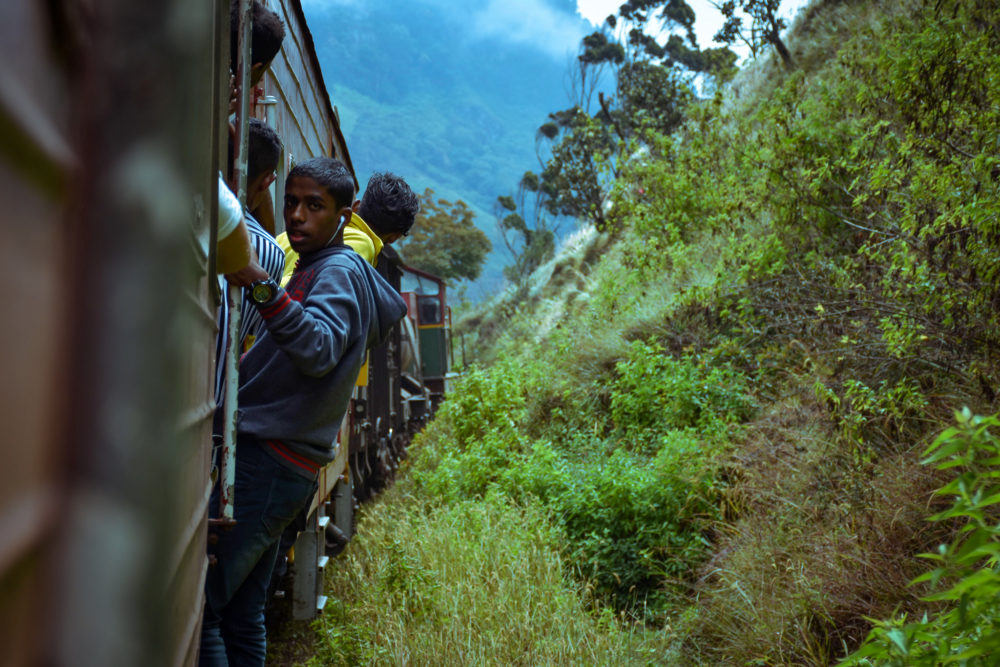
If you are visiting temples in Asia be sure to dress conservatively with your shoulders and knees covered. & don’t you dare uncover yourself for a stupid Instagram photo.
If you’re a woman in the Middle East & it’s recommended to wear a hijab. Do it.
Not only are you respecting their cultural norms and traditions you’re saying you’re willing to embrace the uncomfortable to experience the country responsibly.
10 Destinations for Immersive Travel
Obviously, you can (& should) immersively travel everywhere. But these destinations have such a wonderfully rich culture and traditions that they will change the way you travel forever.
Considering you make an effort to visit them the right way.
These 10 countries all have such a strong (& foreign) culture for travelers to experience.
& that’s immersive travel for ya. It’s something to strive for. Now that you have a better understanding of independent travel and what it means to truly experience different cultures you’re better equipped to get off-the-beaten-path and see what’s out there.
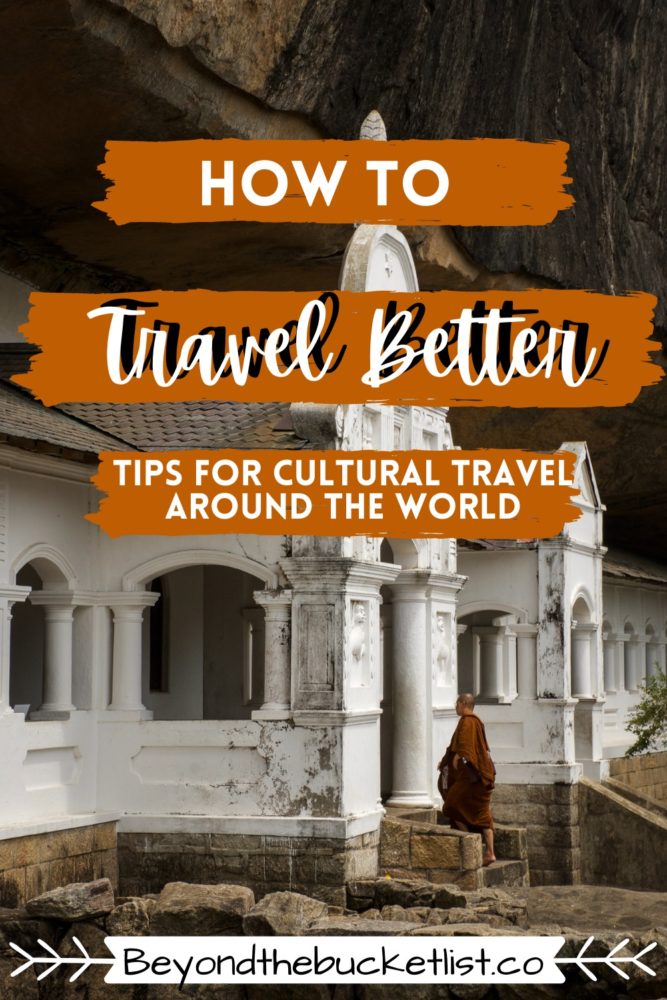
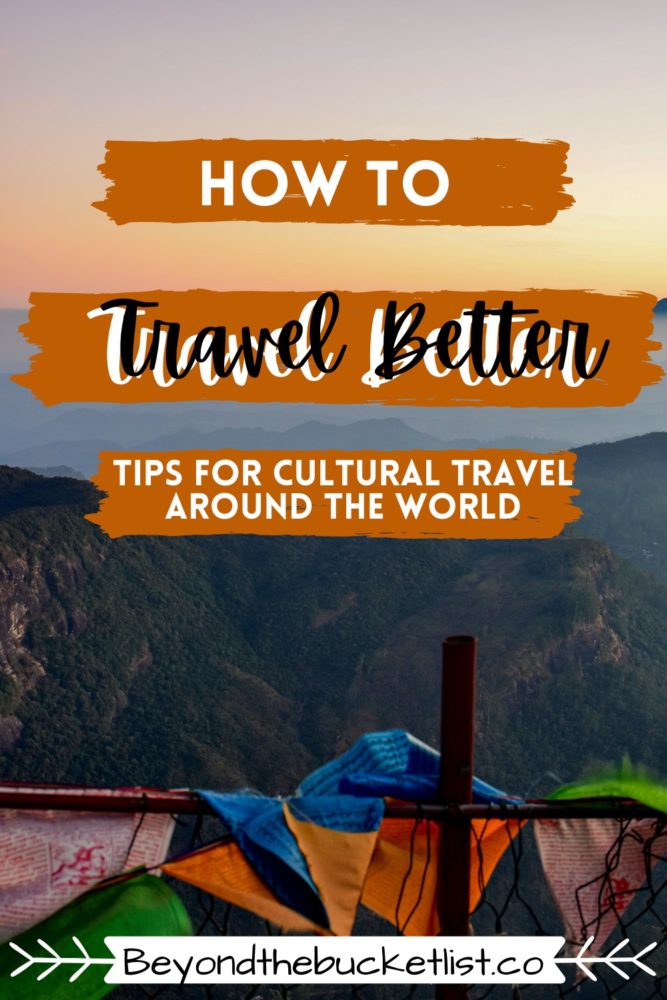

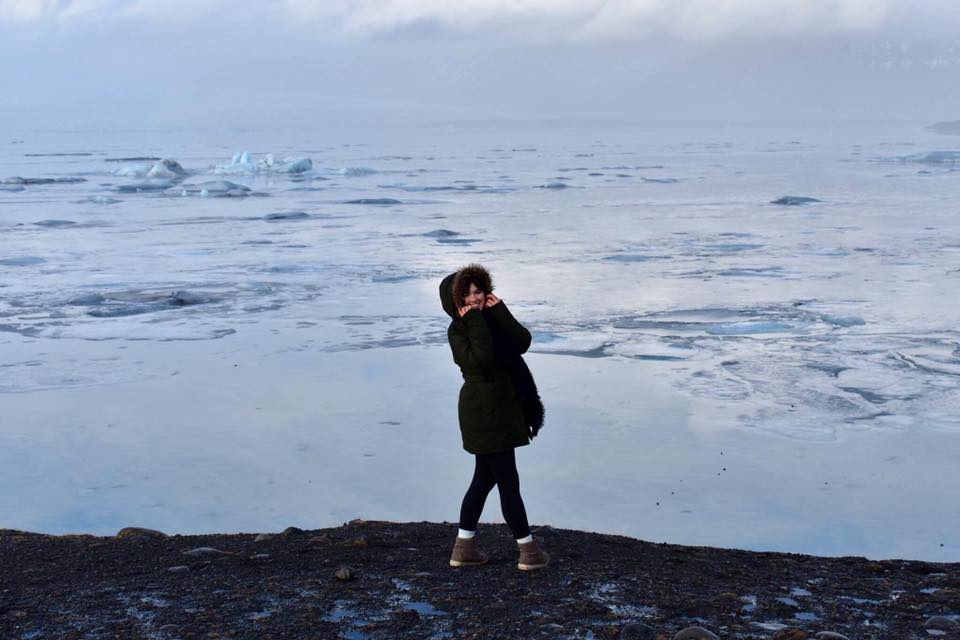
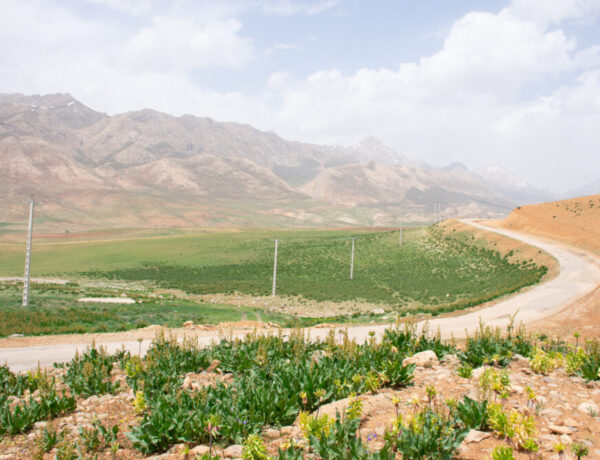


3 Comments
Kaye Lewis
November 7, 2022 at 5:11 pmGreat ideas and thanks so much for sharing your knowledge and time!
Audrie Robinson
January 14, 2024 at 9:33 pmI loved this article thank you!
South India Cabs
June 5, 2025 at 4:37 amInsightful post! Loved your explanation of cultural travel and immersive experiences. Truly inspiring for mindful travelers seeking deeper global connections. Great work!